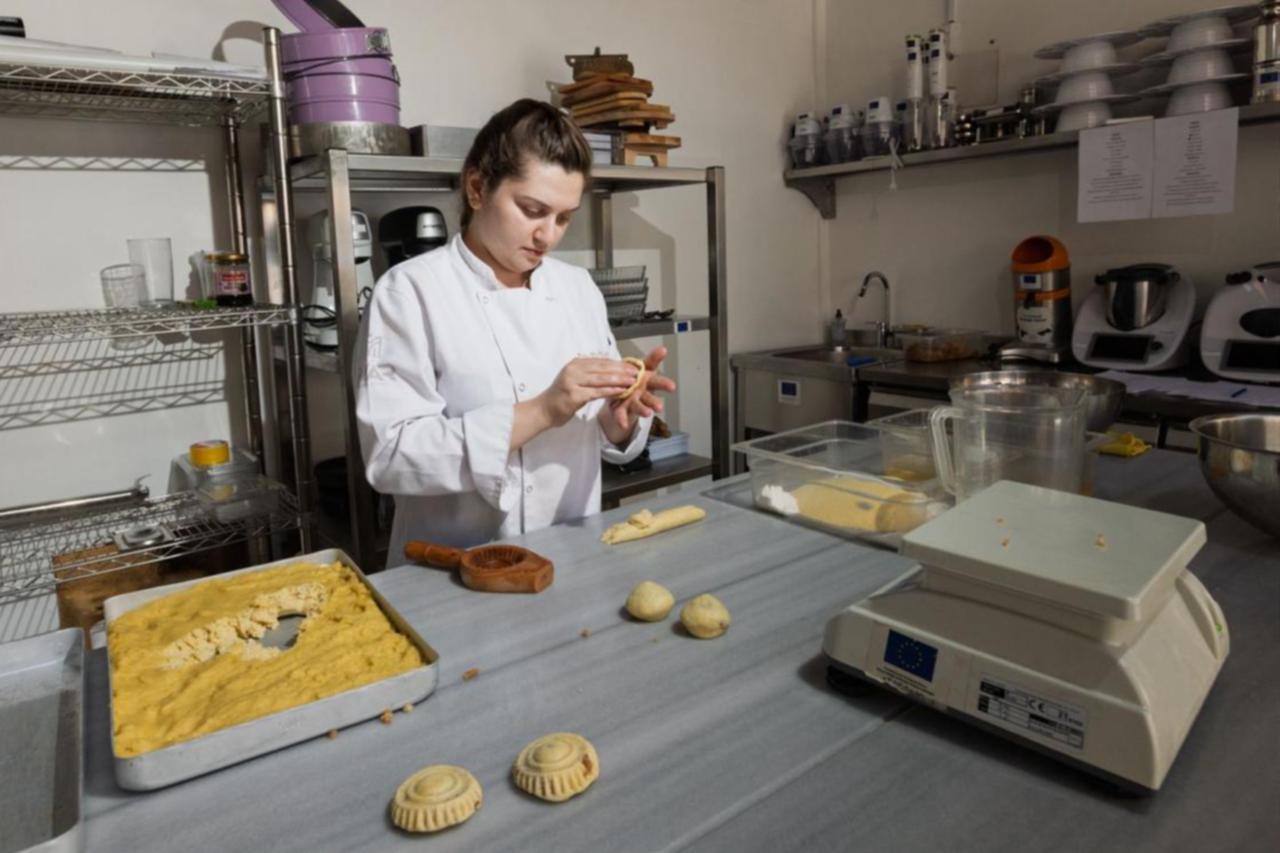
An EU-supported gastronomy centre in Tarsus, a city with 10,000 years of history in southern Türkiye, is helping women and young people keep local cuisine alive while creating jobs and new opportunities.
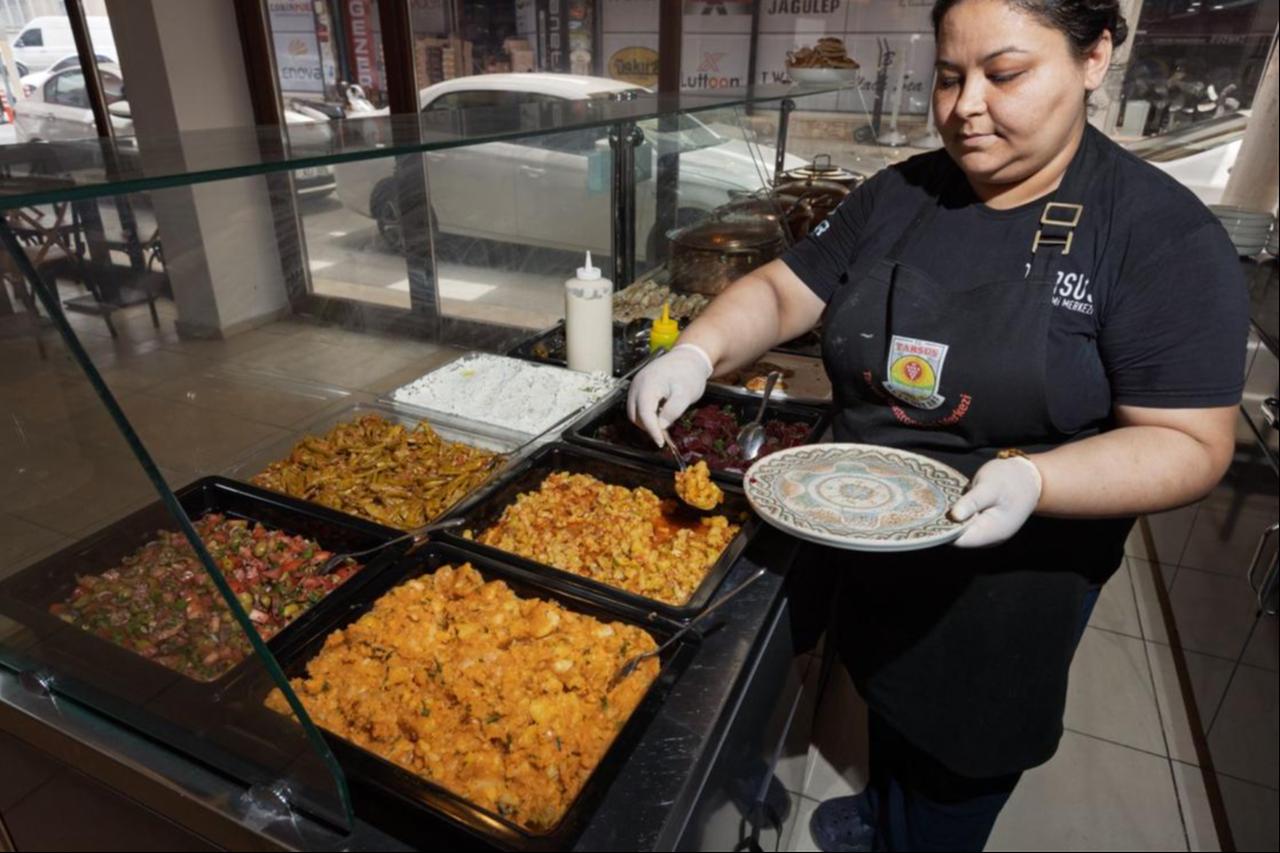
In the historic Siptilli Bazaar, the Tarsus Gastronomy Center—run by Tarsus Municipality’s Tarsus Imar Ltd and supported by the EU-funded Social Entrepreneurship, Empowerment and Cohesion (SEECO) project—has turned daily cooking into shared heritage.
Hot-meal chef Aysel Koyuncu says a simple iftar led to her new livelihood: “It was Ramadan … ‘If I win, I’ll open a traditional culinary center, and you’ll run the kitchen.’ He kept his promise. This is now my livelihood.” The center employs 17 people, 10 of them women, bringing trained and self-taught cooks together in one team.
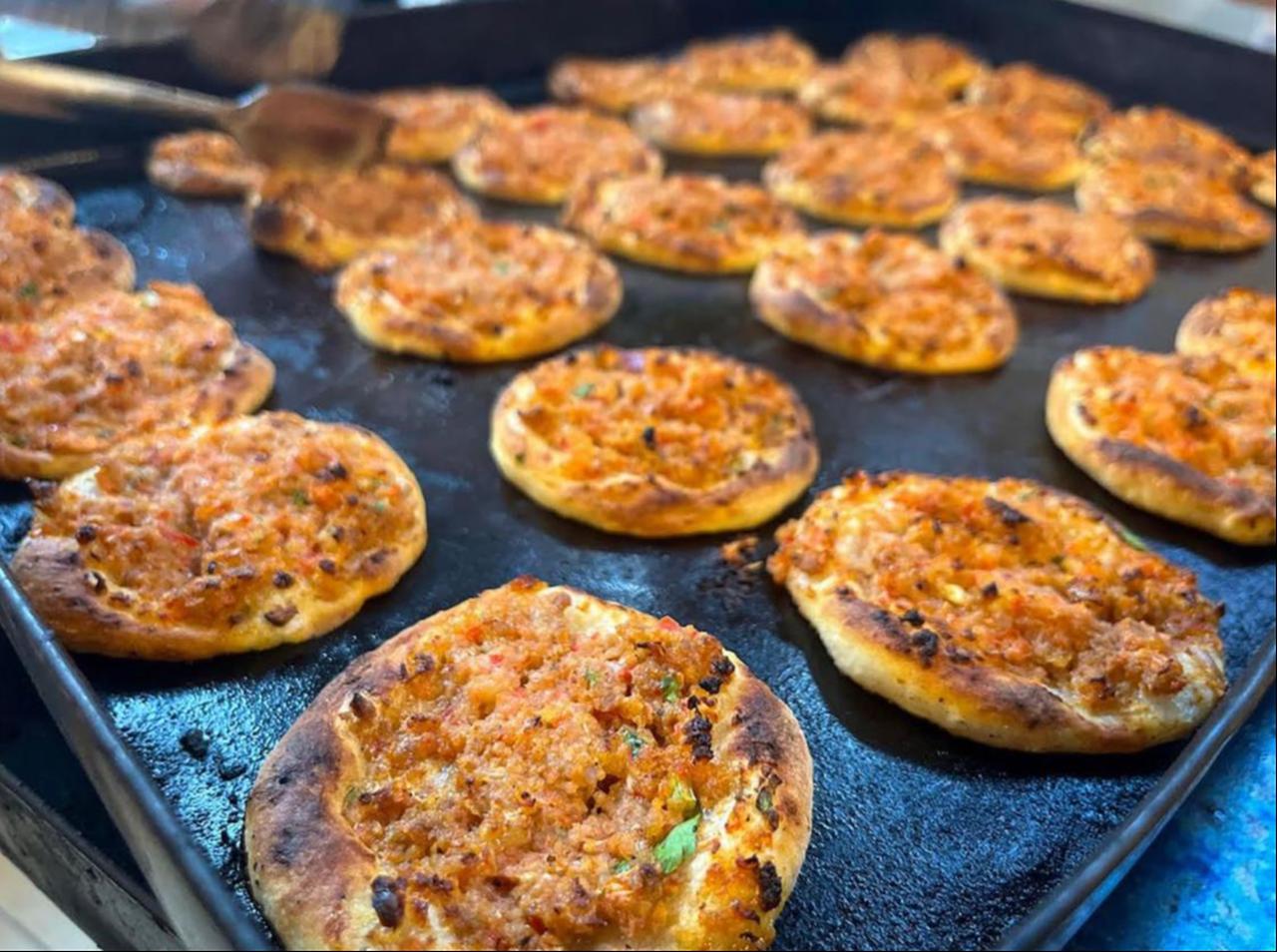
The center showcases a blend of Turkish, Arab and Kurdish cuisines through dishes that locals say capture the city’s multicultural soul. Tarsus kebab stands out for combining vegetables with minced lamb. Small lahmacun is made with minced lamb, onion and red pepper—served in classic, cheese, potato, spinach and even tiny “kus gozu” (bird’s eye) versions.
Hummus arrives hot as a main dish, built on well-cooked chickpeas and local tahini, served with pickles and bread and eaten with a dessert spoon. On the sweet side, pastry chef Bensu Cetin prepares mamul biscuits by pressing semolina-based dough filled with walnuts into wooden molds, treating a tradition as a craft.
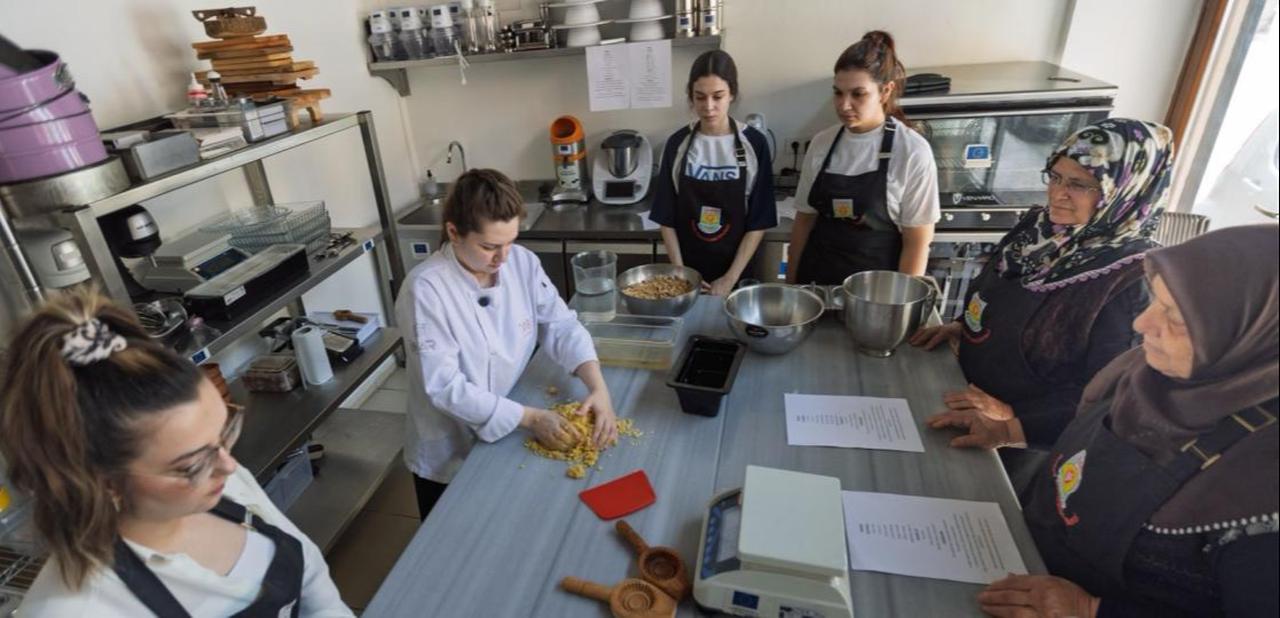
To keep knowledge in circulation, the center runs free workshops on traditional recipes for the public, with a special focus on women.
Participants describe how they sign up to learn time-honored methods—some come after seeing the center on Instagram, others join because shapes and techniques look familiar from home cooking. The aim, managers say, is to pass techniques to a younger generation so that cultural continuity is maintained.
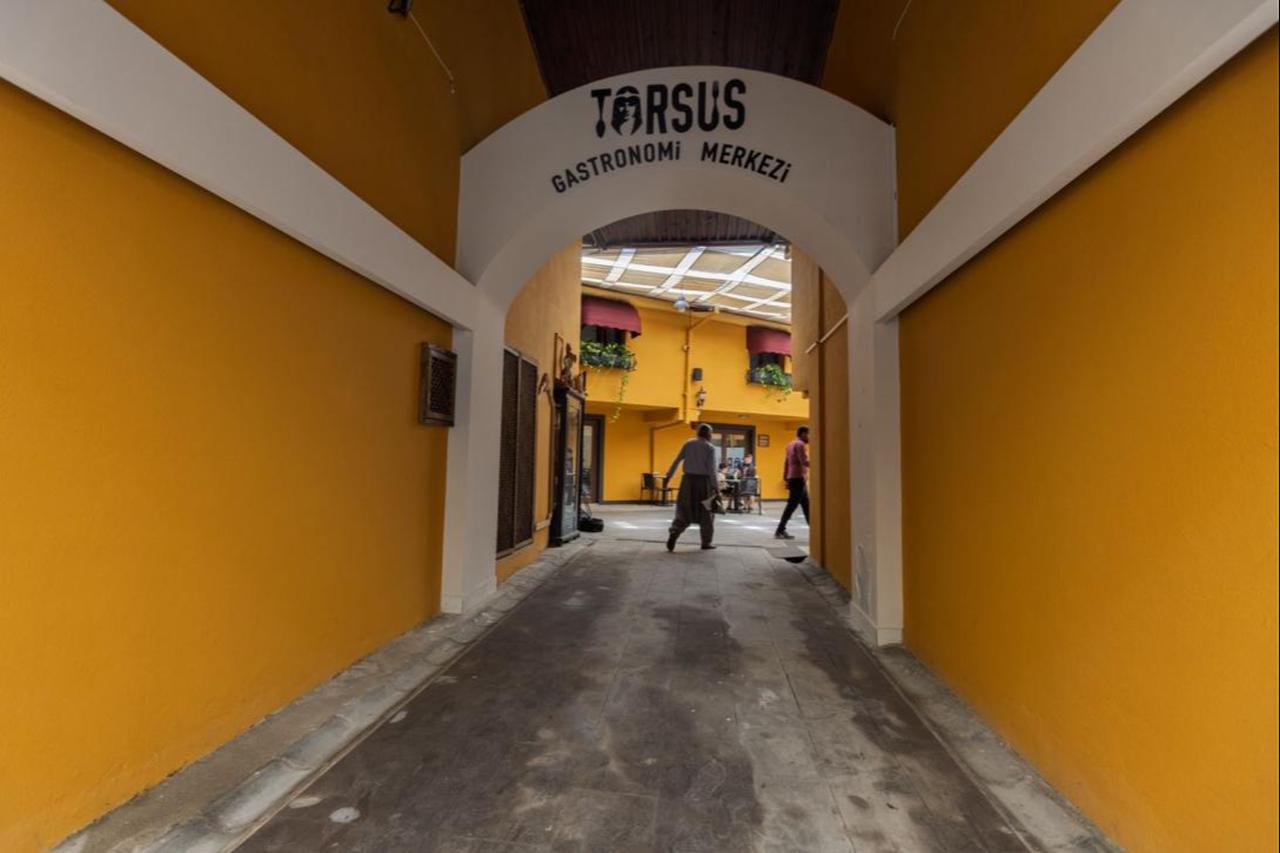
Regular visitors from local associations bring first-timers, calling the venue a “treasure for Tarsus.” Others praise the clean, supervised setting and say dishes such as stuffed cabbage with tahini sauce taste just like home.
The center has become a community hub where pride in local flavor meets everyday hospitality.

For the EU side, food is a way to carry stories of place. “Food carries the stories of a place—its history, people, and soul,” says the Acting Head of the Delegation of the European Union to Türkiye Jurgis Vilcinskas.
“With the support of the EU, we are helping to preserve centuries-old traditions and empowering women and young people … The Tarsus Gastronomy Center is a shining example of how local heritage can inspire inclusive growth and social cohesion.”
Across Türkiye, the SEECO project has incubated or accelerated over 1,650 enterprises, created almost 1,100 jobs, and provided facilities and support to more than 18,000 people, showing how cultural heritage can also open doors to work and cohesion.